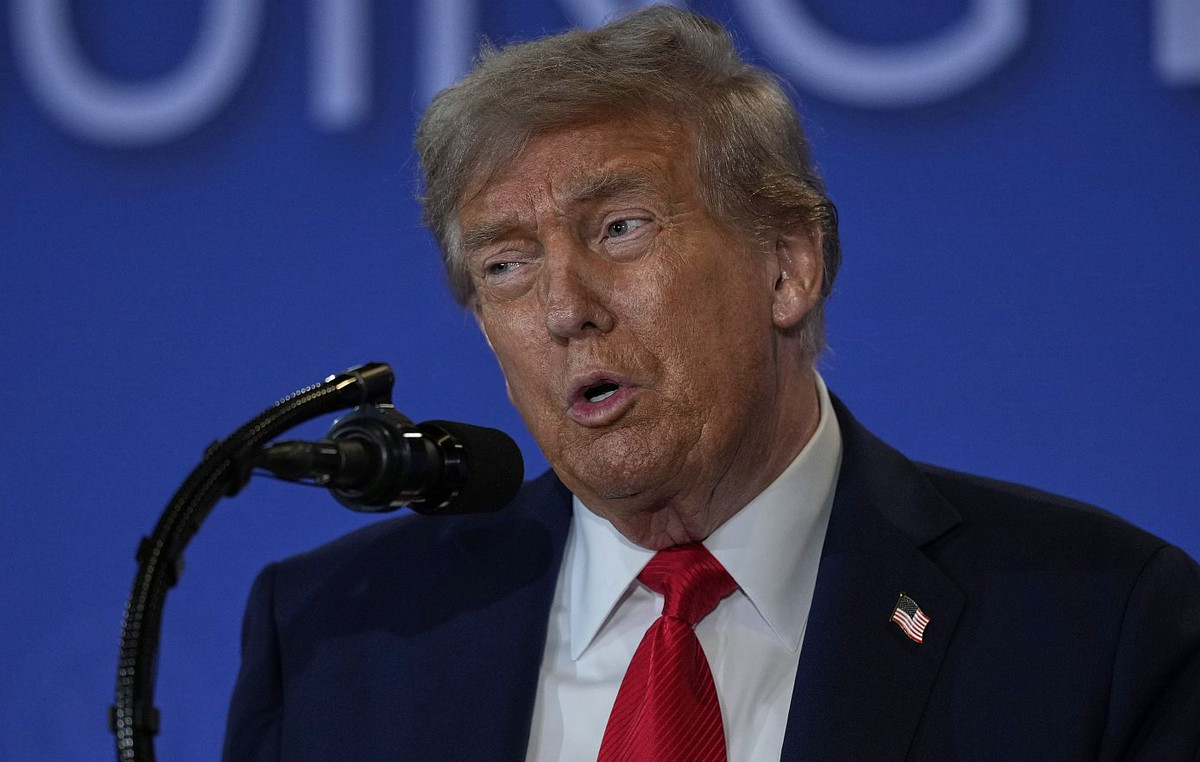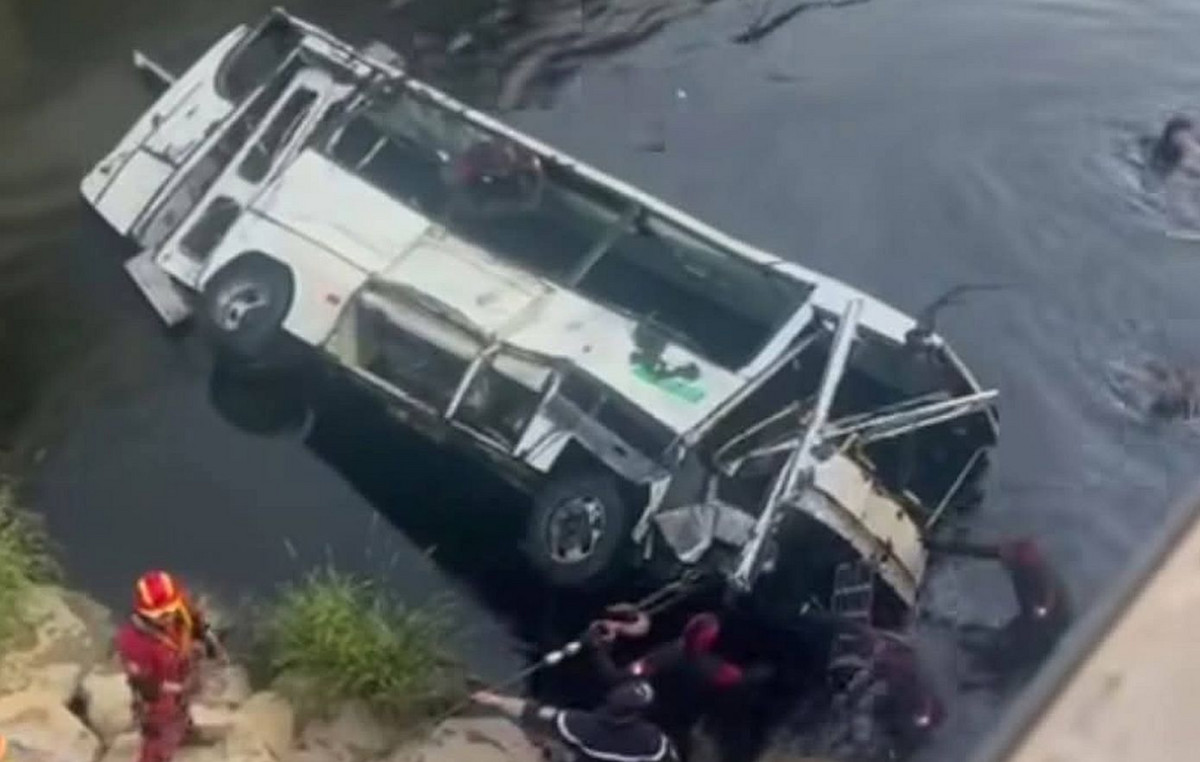The government of US President Donald Trump considers it to use polygraphs, also known as lies detectors, in federal officials after the non -confidential information of various government departments.
The Reuters news agency talked to nine employees and former federal government employees under the current administration, who described a concentrated effort to expose leaks of all kinds.
Investigations have a double purpose: plugging leaks and, at the same time, dismissing federal employees considered unfair to the Republican’s political agenda, four government officials reported.
“President Trump has made it clear that he will not tolerate that federal government officials leak information for fake media. This is common sense,” White House press secretary Karoline Leavitt said in a statement to Reuters.
She continued to say that “government officials who spend their time leaking information to the media rather than doing the work that US taxpayers expect to be held responsible.”
According to reports of at least six servers, in various government agencies – including the Department of Internal Security, the Justice Department and the Defense Department – managers told employees that they would have to undergo polygraph tests after unconfidential information were disclosed in the media.
Polygraph results are rarely used as proof in United States courts due to doubts about their reliability.
In the US internal security department (DHS), managers informed employees that they needed to submit to tests – not necessarily because there were leaks, but on suspicion that they could be talking to the press, according to four government servants.
DHS workers were also warned that they could be fired if they did not take the tests, the sources reported.

Participants submitted to the polygraph
Following the leak of details of a DHS meeting in March, involving internal security secretary Kristi Noem and then interim administrator of the Federal Emergency Management Agency (FEMA), Cameron Hamilton, the department managers requested polygraph tests in at least four participants in the meeting.
Participants, including Hamilton, were tested at the headquarters of the Transport Security Administration (TSA) in the state of Virginia.
A Fema employee in the Public Relations Division was removed from work after a polygraph test did not give positive, two former agency server, although it is unclear whether the test was linked to the meeting.
Contacted by Reuters, the employee away from work declined to comment.
When asked to comment, the department stated that it did not apologize for its initiative to identify the leaks.
“We are skeptical about your position, mandate, political appointment or status as a career civil servant-we will track the leaks and process them with all the rigor of the law,” a DHS spokesman told Reuters.
Leaked information
One of the most striking cases of leakage was when the federal government’s personnel were reported to hire a driver to transport directors of the agency.
Authorities quickly started an investigation to find out who was leaking information to the press, according to three people familiar with the subject.
Hiring a driver in the personnel management office hardly qualified as confidential or ultra -secret information: an agency employee joked with a colleague in a message seen by Reuters that the information would need to be made public eventually to announce the vacancy.
But the plans to hire a driver – first reported by Reuters – proved to be embarrassing to the office and the White House at a time when the agency led the efforts of the government efficiency department to reduce federal staff, dismissing hundreds of their own employees.
The incident was one of the first evidence of President Donald Trump’s determination to suppress leaks to the press, even those involving non -confidential information or the daily operation of the government.

It is usually not a crime to leak information – unless they are confidential or otherwise protected, including national security leaks that can endanger people.
Some leaks – including non -confidential information – may be in public interest, historians and politics experts say. But information can also thwart a president’s political agenda and make a less effective administration, they added.
“Not all leaks are useful for peace, good government and constitutional freedom,” said historian Timothy Naphtali, former director of the California Presidential Library Nixon.
This content was originally published in Trump government considers using lies detector on federal employees on the CNN Brazil website.
Source: CNN Brasil
Bruce Belcher is a seasoned author with over 5 years of experience in world news. He writes for online news websites and provides in-depth analysis on the world stock market. Bruce is known for his insightful perspectives and commitment to keeping the public informed.







